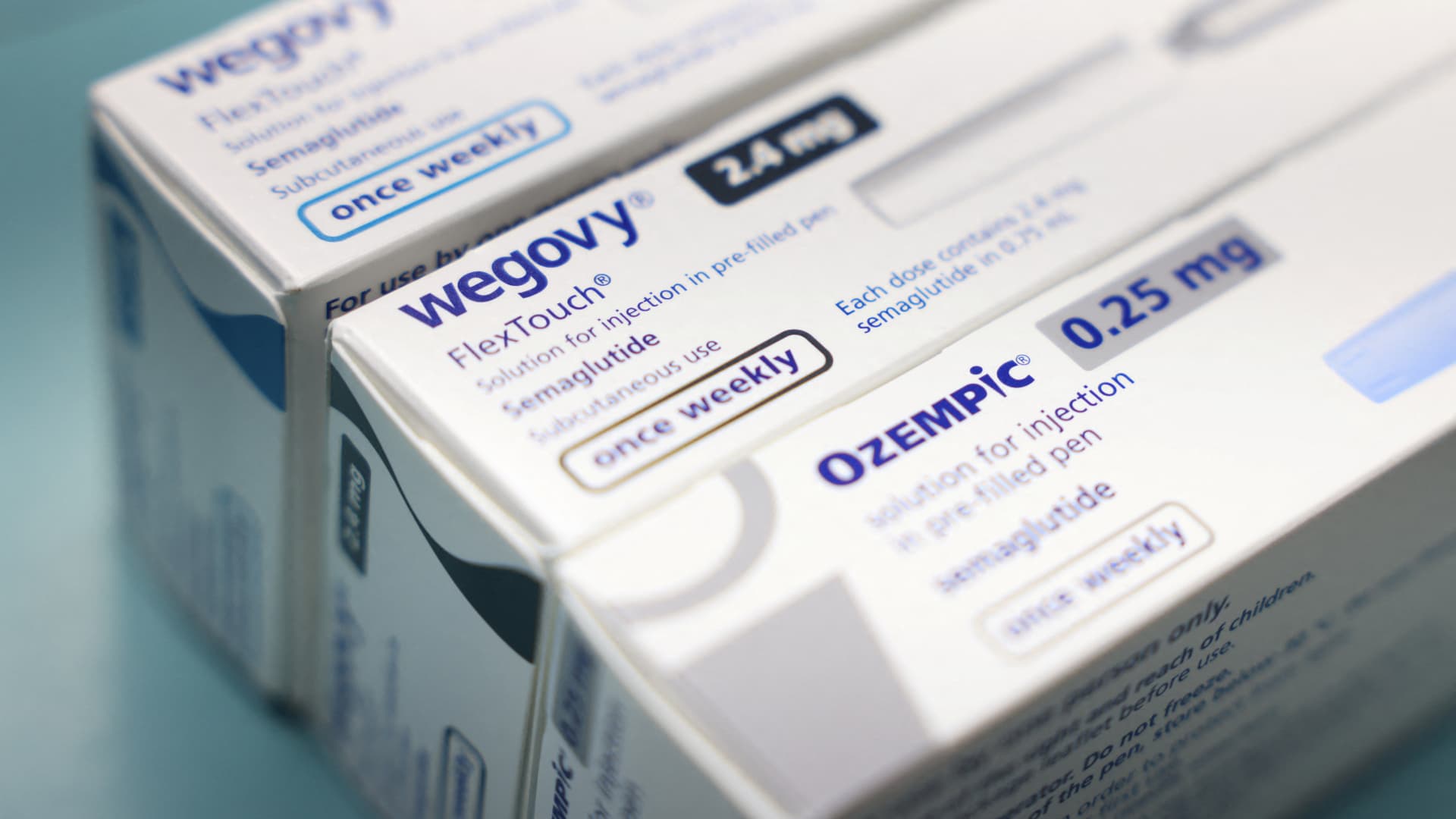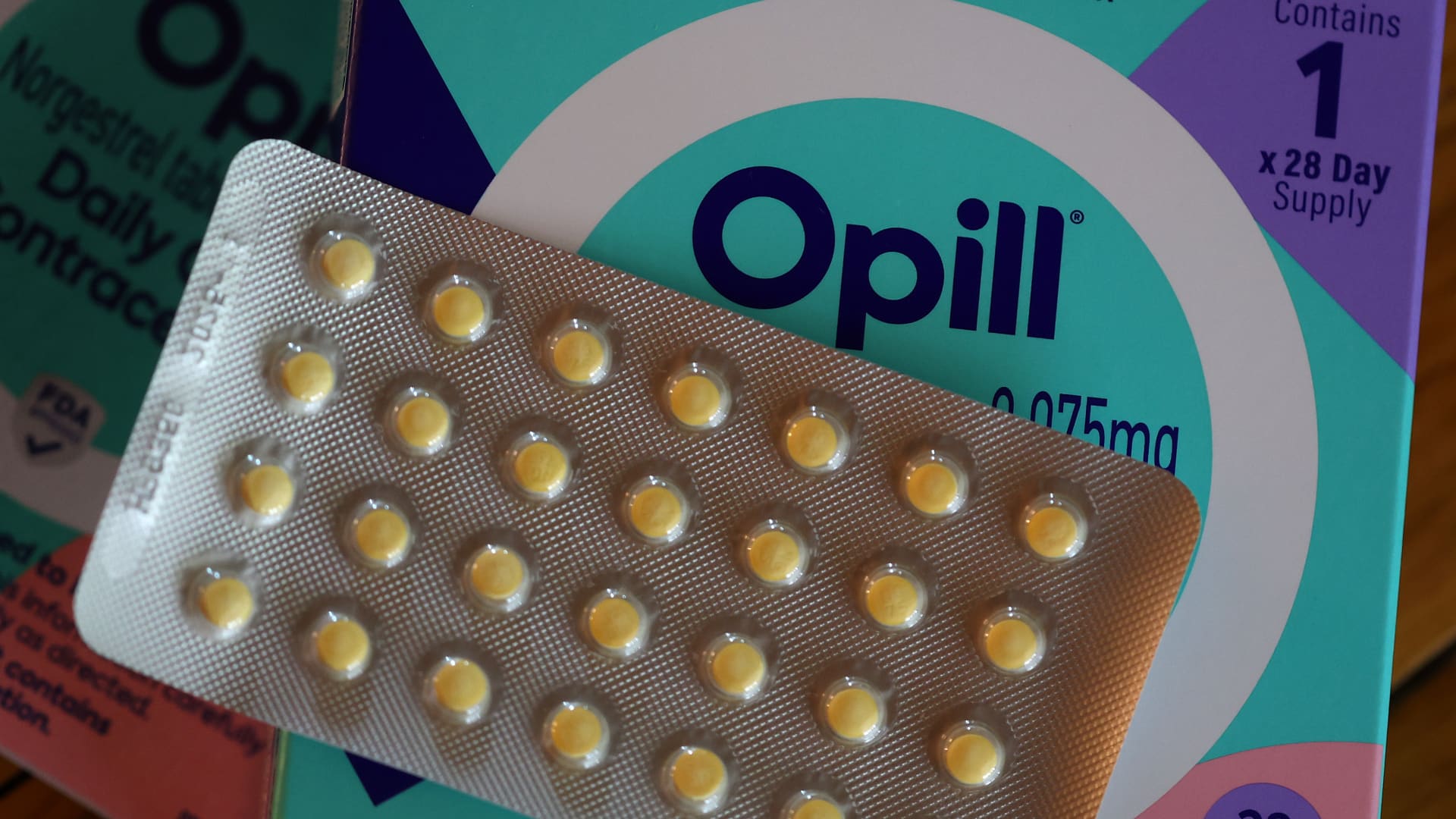The Eli Lilly Biotechnology Center is shown in San Diego, California, on March 1, 2023.
Mike Blake | Reuters
Eli Lilly on Thursday said it will begin late-stage testing of its experimental anti-obesity drug amylin next month after it showed encouraging results in a mid-stage study.
The highest dose of the weekly injection, called eloralintide, helped obese or overweight patients lose 20.1% of their body weight on average at 48 weeks. The results support the pharmaceutical giant's efforts to bring next-generation treatments to the successful weight loss drug market and solidify its dominance in the segment.
The data bolsters Eli Lilly's chances of bringing a strong competitor to the hot amylin space, in particular. Many industry analysts see so-called amylin analogs as the next wave of obesity treatments that could serve as an alternative or complementary option to existing injections targeting the gut hormone GLP-1.
Several large drug manufacturers, such as Roche and Abvie have spent billions to buy or license experimental amylin treatments, and Nordisk is developing its own medicines. Novo Nordisk, Eli Lilly's main rival in the obesity market, and Pfizer They are also in the middle of a heated war for control of Metsera, whose portfolio includes a potential monthly amylin drug.
Amylin analogs mimic a hormone cosecreted with insulin in the pancreas to suppress appetite and reduce food intake. Amylin treatments have a similar effect to GLP-1s like Zepbound and Lilly's Mounjaro, but some analysts and researchers say it could be easier for patients to tolerate and help them preserve lean muscle mass.
The lowest dose of Eli Lilly's shot helped people lose 9.5% of their weight at 48 weeks, compared to 0.4% among those who received a placebo. Patients who used a two-step dose escalation (starting with a 6-milligram dose and increasing to a 9-milligram dose) lost 19.9% of their weight at 48 weeks. People who used a three-step dose escalation starting with 3 milligrams lost 16.4% of their weight.
The most common side effects of the shot were mild to moderate gastrointestinal symptoms and fatigue, which were seen more frequently in patients taking higher doses of the drug, according to Eli Lilly. Patients in the groups that gradually increased doses of the drug experienced fewer side effects.
The company has yet to release detailed data on side effect rates and how many patients stopped treatment during the trial. Eli Lilly will present the data at the ObesityWeek scientific conference in Atlanta on Thursday.












